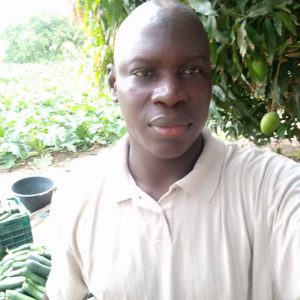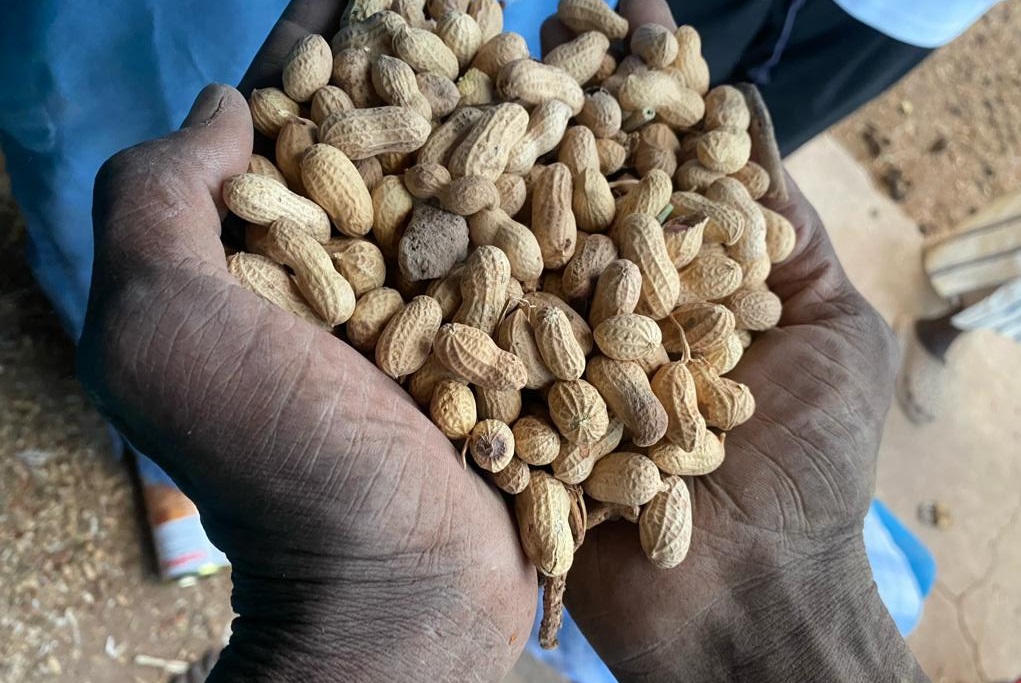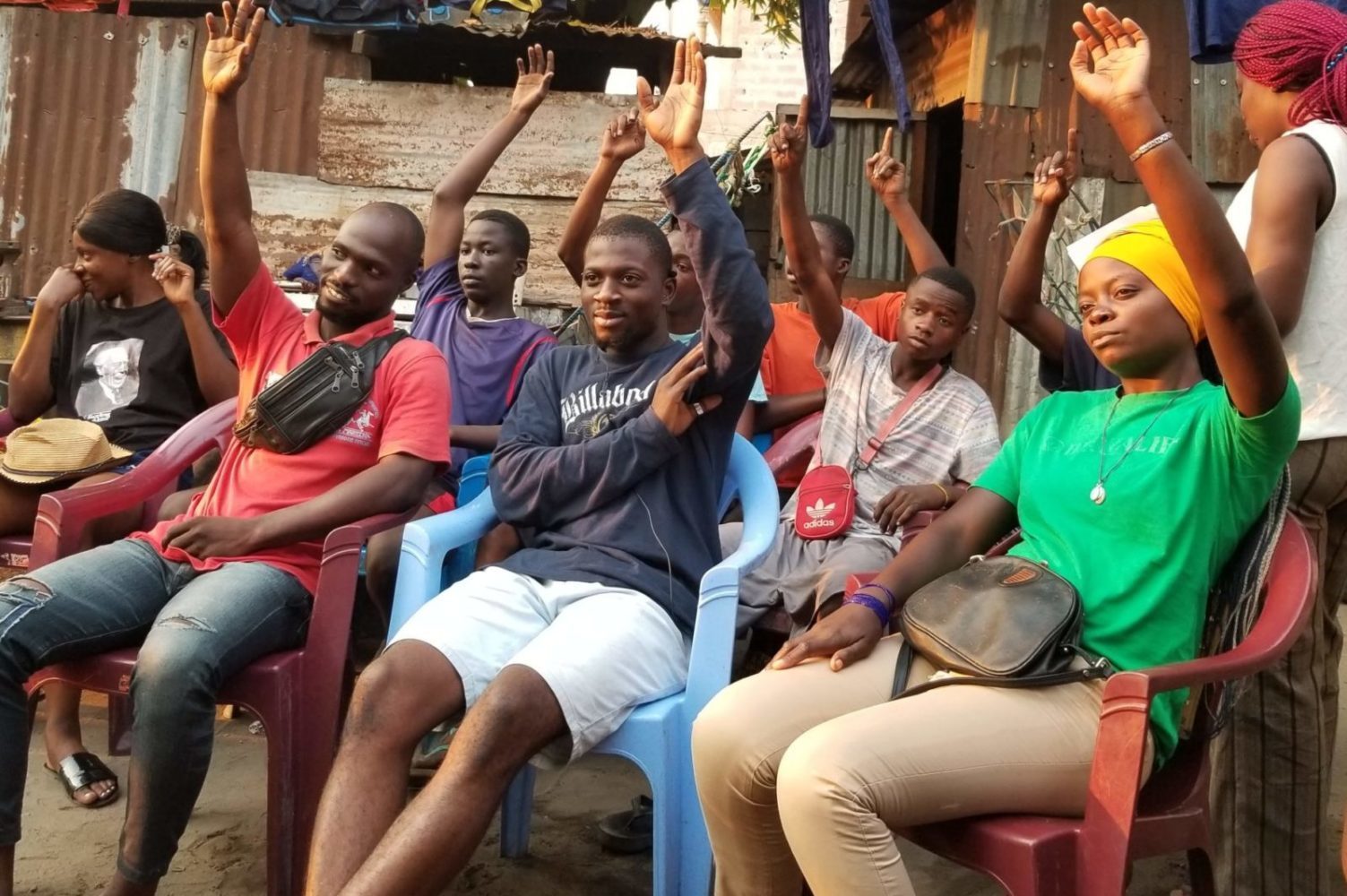Ibrahima Diatta is Chairperson of the Local water platform (LWP)* in Diender-Kayar, in Senegal. Having studied plant biology at Cheikh Anta Diop University, he finally decided to become an agricultural entrepreneur, farming 3 hectares with tree crops and market gardening. Preoccupied by issues around water resources, he devoted a lot of time to the platform to defend the interests of stakeholders in the territory and was elected chairperson of the LWP in August 2019.
What does integrated water resources management (IWRM) mean to you at local level?
Broadly speaking, it means enabling the population to determine its own destiny to sort out the present and better anticipate the future. Our water resources – our common commodity – are in a critical state. Firstly, we need to realise this to generate change. IWRM therefore firstly means understanding current water resources and how populations in the territory depend on them (agriculture, industry, drinking water, etc.).
It also means pushing the boundaries: development and recognition of an organised structure serving as an interface between the State and the population. IWRM is a means to question everyone’s roles and responsibilities (users, managers, authorities) in the development of our territory, including its preservation. This makes it possible to include democratic, social and ecological dimensions in water resources management, a subject that is still too confined within a centralised technical-administrative framework. I think that local IWRM, contrary to national IWRM, must be close to the base to be efficient and gradually spread to other communes.
But none of this is easy, because sometimes the LWP is seen as a “troublemaker” by industrials and some local and public authorities that perceive citizen involvement as a threat. We are therefore trying first and foremost to convince the population, via our actions, that their preoccupations are taken into account.
What was your impression of GRET’s work?
GRET contributed to the emergence of collective knowledge in an engaging manner, which we really appreciated and which brought us firmly together. To do this, it sometimes had to “be at the coal face” with the authorities to find the information we were lacking!
GRET took an inclusive approach and managed to create synergy in the inter-communality of Diender-Kayar. It designed a template to structure our organisation and draw up local integrated water resources management plans (LIWRMP), but gave us the possibility to make proposals, and subsequently ensured our ideas were put forward to the State authorities.
Several aspects distinguish GRET’s action from other long-term actions we had seen previously: the regular pace of workshops (one every month over one year), original proposals for governance, such as electoral methods (score voting), and the choice of an executive body (the platform’s governing committee is made up of members having attended at least two-thirds of the workshops).
Lastly, GRET fostered trust and created a good atmosphere in a rather disparate group, by levelling out differences and bringing us together around a common objective: IWRM.
The next World Water Forum will take place in Dakar in March 2021. What are your expectations regarding this event?
Firstly, ahead of that event, local water platform stakeholders will need to benefit from skills strengthening to ensure their local IWRM missions; they will need to possess logistical resources and conduct visibility actions to make the LWPs known and make them even more inclusive. GRET is helping us with several aspects.
Regarding the World Water Forum, we would like to present our local IWRM activities and explore how we can better coordinate these at national level. By making our experience known to the greatest possible number of people, we also hope that our model can inspire other territories in Senegal, and even in other countries! And in turn, we would like to benefit from experiences shared by initiatives underway in other countries, in order to better equip our platform.
Lastly, the World Water Forum also provides an opportunity for us to meet new partners and to express our needs, in other words: support our growing autonomy for integrated water resources management at our territory level!
*In 2018, as part of the action-research conducted on Integrated Water Resources Management in the Niayes region of Senegal, GRET supported the construction of two local water platforms – one in the commune of Mont Rolland and one in the communes of Diender and Kayar. In parallel, gradual work was carried out on the model of governance for these structures and local integrated water resources management plans (LIWRMP) were co-developed. Currently, GRET is working on strengthening the platforms’ capacities and supporting the implementation of their LIWRMPs.





